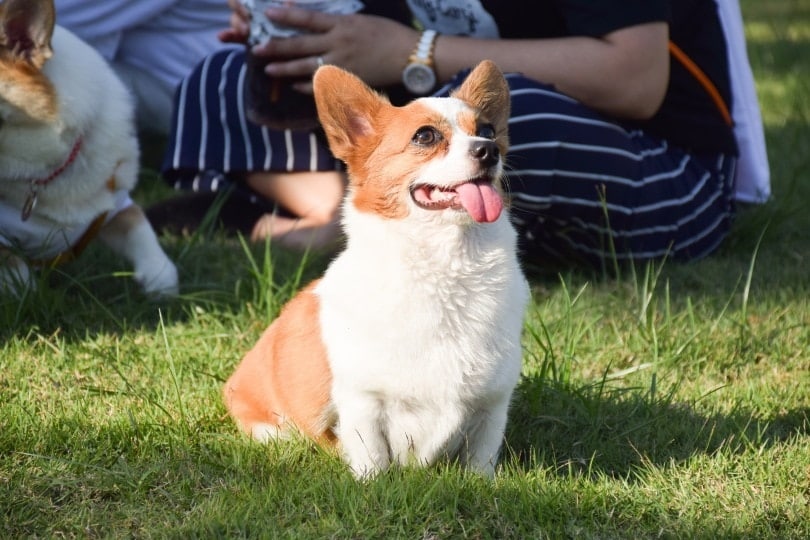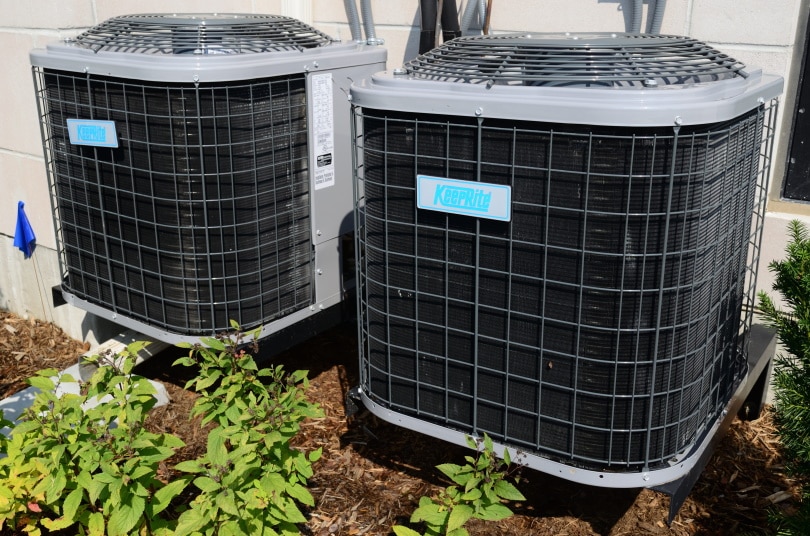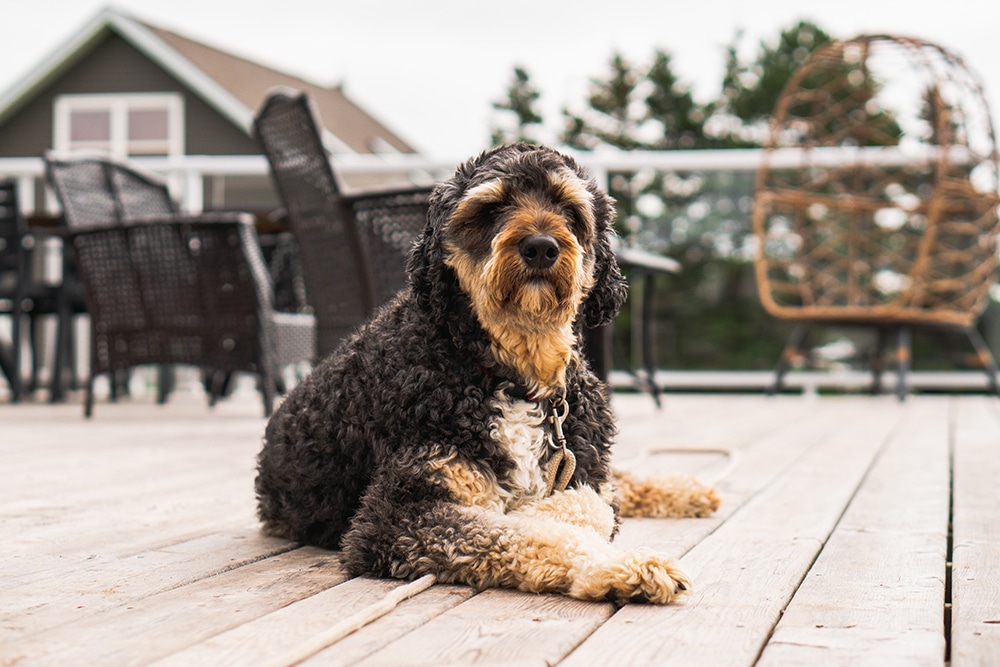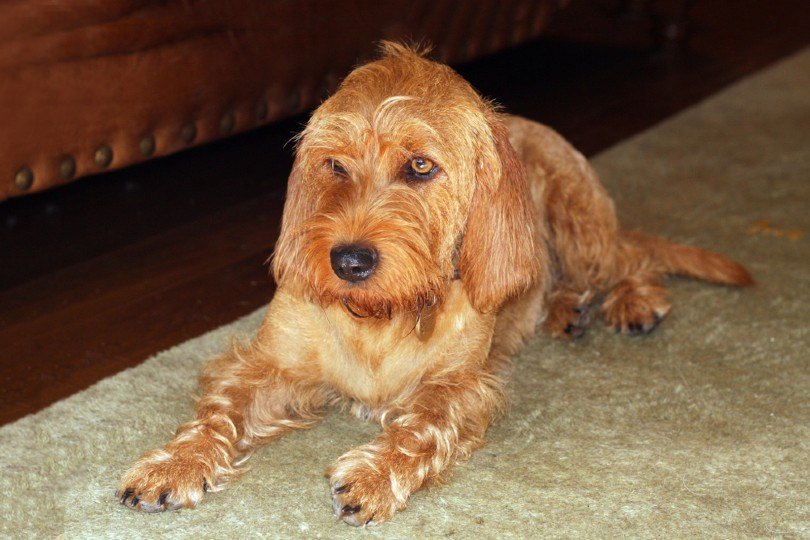The Chigi, a delightful mix between the Chihuahua and the Corgi, is a small dog with a big personality. Known for their loyalty, intelligence, and energy, these dogs make great companions.
This guide delves into every aspect of owning a Chigi—right from characteristics and temperament to care requirements. Whether you’re a first-time dog owner or looking to expand your furry family, here’s everything you need to know about Chigis.
Breed Overview
Standing at 7–12 inches tall and weighing between 10–20 pounds, the Chigi has a lifespan of 12–14 years. Their coat colors range from black, cream, white, to fawn. Chigis are suitable for apartment living and make good companions for families, children, and even beginner dog owners.
These dogs are playful, affectionate, and loyal but can sometimes be stubborn. They have high energy levels and require regular physical and mental stimulation to stay happy and healthy.
Chigi Puppies
When considering a Chigi puppy, it’s crucial to do thorough research on breeders. Some breeders may prioritize profit over the health and well-being of the dogs. Always ask for health history and visit the breeding facility if possible. This ensures you’re getting a healthy puppy with a clear background.
Remember, Chigi puppies are not recognized by the American Kennel Club, which means no official pedigree papers. But a reputable breeder can still provide you with the necessary health history.
Temperament and Intelligence
The Chigi is highly intelligent, making them quick learners but, at times, a bit stubborn. These dogs are loyal, playful, and affectionate, making them fantastic family pets.
Chigis are generally good with children, but their Corgi heritage might make them prone to herding behaviors. They are easy to train out of this habit with a little patience.
Proper socialization from a young age will help Chigis get along well with other pets, including other dogs and even cats.
Food & Diet Requirements
Chigis are small and don’t require a lot of food daily. However, they are prone to weight gain, so it’s best to avoid free-feeding. Split their daily portion into at least two meals to prevent overeating.
If you’re unsure about the amount of food your Chigi requires, consult your vet. A balanced diet is crucial for maintaining their health and preventing issues like bloating and weight gain.
Exercise
Despite their small size, Chigis are energetic and need about an hour of exercise each day. This can be in the form of walks, playtime in the yard, or trips to the dog park.
While they can’t walk as far as larger dogs due to their short legs, they adapt well to apartment living if given adequate exercise. Be creative with their exercise routines to keep them engaged and healthy.
Regular exercise helps in channeling their high energy and prevents behavioral issues arising from boredom.
Training
Training your Chigi can be somewhat challenging due to their stubborn streak inherited from their Chihuahua parent. Early obedience training is crucial.
Starting training when they are young helps in establishing basic commands and positive behaviors. Consistent training will ensure a well-behaved and obedient pet.
Grooming
Chigis have short coats that are easy to maintain. Brushing them once a week is usually sufficient to control shedding.
In addition to coat care, regular teeth brushing, nail trimming, and ear cleaning are essential to keep your Chigi healthy.
Establishing a grooming routine from a young age helps in making these activities more manageable for both you and your Chigi.
Health and Conditions
Chigis are generally healthy, but like all breeds, they can be prone to certain health issues. It’s important to be aware of both minor and serious conditions that can affect them, such as glaucoma, anxiety, and skin issues.
More serious health concerns include diabetes, hip dysplasia, patellar luxation, hypothyroidism, and hypoglycemia. Regular vet check-ups and maintaining a healthy lifestyle can help in early detection and management of these conditions.
Male vs Female
Male and female Chigis have distinct physical and behavioral differences. Males are generally larger and more playful, while females tend to be more reserved and easier to train.
Behavioral differences, such as marking territory or going into heat, can be managed by spaying or neutering your pet.
Ultimately, the choice between a male or female Chigi should be based on individual personality and your specific lifestyle needs.
3 Little-Known Facts about the Chigi
The Chigi is one of the smallest designer dog breeds, standing only a foot tall. This makes them exceptionally suited for apartment living.
The Chihuahua parent has the largest brain relative to its size among dogs, contributing to the Chigi’s high intelligence and ease of training.
Despite their small size, Corgis have a formidable bark, making Chigis effective watchdogs. Their herding background contributes to their alertness and protective nature.
The Chigi is an excellent choice for many households, including those in apartments and families with children. They are friendly, intelligent, and relatively easy to care for.
However, potential owners should be prepared for their occasional stubbornness and need for regular exercise. With proper care and training, Chigis make wonderful and loyal companions.










